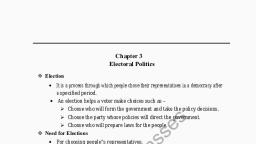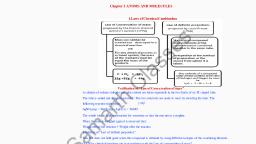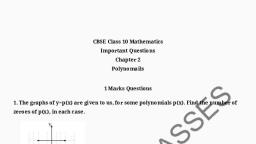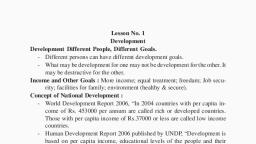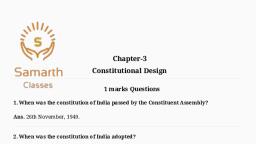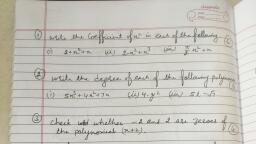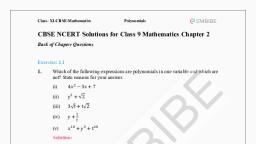Question 1 :
What must be added to $$x^3-3x^2-12x + 19$$, so that the result is exactly divisible by $$x^2 + x-6$$?
Question 3 :
Work out the following divisions.<br/>$$96abc(3a -12) (5b +30)\div  144(a-  4) (b+  6)$$<br/>
Question 4 :
What is $$\dfrac {x^{2} - 3x + 2}{x^{2} - 5x + 6} \div \dfrac {x^{2} - 5x + 4}{x^{2} - 7x + 12}$$ equal to
Question 6 :
Factorise the expressions and divide them as directed.$$4yz(z^2 + 6z-  16)\div  2y(z + 8)$$<br/>
Question 8 :
Work out the following divisions.$$10y(6y + 21) \div 5(2y + 7)$$<br/>
Question 9 :
Apply the division algorithm to find the remainder on dividing $$p(x) = x^4 -3x^2 + 4x + 5$$ by $$g(x)= x^2 +1 -x.$$
Question 10 :
If the roots of $${ x }^{ 2 }-2mx+{ m }^{ 2 }-1=0$$ lie between $$-2$$ and $$4$$, then
Question 11 :
Simplify:Find$$\ x(x + 1) (x + 2) (x + 3) \div  x(x + 1)$$<br/>
Question 13 :
The common quantity that must be added to each term of $$a^{2}:b^{2}$$ to make itequal to $$a:b$$ is:
Question 14 :
The remainder when$$4{a^3} - 12{a^2} + 14a - 3$$ is divided by $$2a-1$$, is
Question 16 :
If $$\alpha$$ and $$\beta$$ are the zeroes of the polynomial $$4x^{2} + 3x + 7$$, then $$\dfrac{1}{\alpha }+\dfrac{1}{\beta }$$ is equal to:<br/>
Question 17 :
If a polynomial $$p(x)$$ is divided by $$x - a$$ then remainder is<br/>
Question 19 :
Is $$(3x^{2} + 5xy + 4y^{2})$$ a factor of $$ 9x^{4} + 3x^{3}y + 16x^{2} y^{2} + 24xy^{3}  + 32y^{4}$$?<br/>
Question 20 :
If $$\alpha , \beta$$ are the roots of equation $$x^2 \, - \, px \, + \, q \, = \, 0,$$ then find the equation the roots of which are $$\left ( \alpha ^2  \, \beta ^2 \right )  \,  and  \,  \,  \alpha \, + \,\beta $$.
